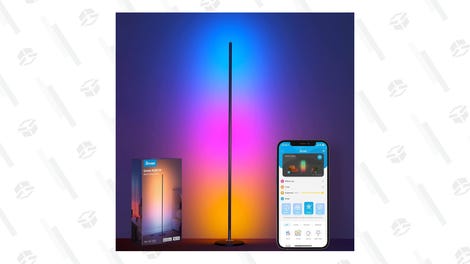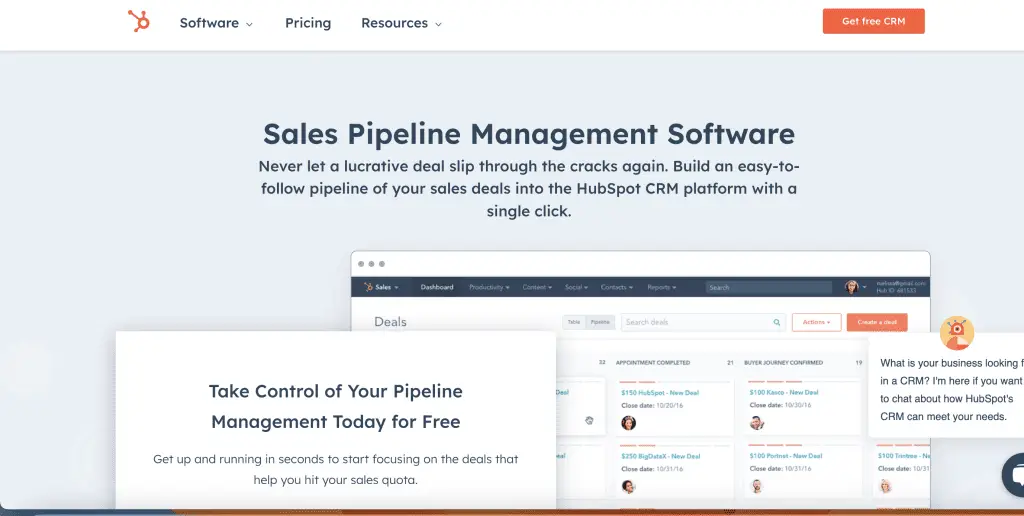
The makers of the world’s most well-liked Android app are furnishing bogus or misleading data in the “privacy nourishment labels” in Google’s Engage in Shop, in accordance to a new study from Mozilla’s *Privateness Not Integrated venture.
The study appeared at the privacy information that application developers are meant to fill out in the Google’s Participate in Retail store and as opposed those people facts to the apps’ privacy procedures. The privacy labels are meant to give you data about an app’s knowledge methods so you can make informed decisions, but the research discovered the labels are shut to worthless. Just six apps of the 40 apps in the examine got a passing grade. 16 apps that scientists dug into had key discrepancies in between their privacy policies and their application retailer privacy labels.
“These labels are a whole failure” said Jen Caltrider, the task direct for Mozilla’s *Privacy Not Involved. “If you treatment about privateness but you’re not super well-informed about info collection and sharing, you could search at these issues and arrive absent with a phony perception of stability. It is vastly deceptive, and I would argue it’s unsafe.”
The research looked at the leading 20 most well known totally free apps in the Enjoy Store, and the similar range in Google’s paid out applications class. With most, the information tactics in the apps’ privateness insurance policies were much a lot more invasive than what developers disclosed. Between these acquiring a “Poor” grade were being Facebook, Facebook Messenger, Twitter, and Minecraft, which means Mozilla uncovered big discrepancies. Apps which include Instagram, Spotify and quite a few of Google’s possess apps were marked “Needs Improvement”—a minimal better, but not great.
Only a couple of obtained an “OK” quality (the best quality you can get, Mozilla is not supplying out participation trophies for telling the reality). The winners were generally games, which includes Subway Surfers and Candy Crush. Which is to some degree surprising, specified that free games typically run on ads.
G/O Media may well get a fee

20% Off
Govee Smart Floor Lamp
Light it up
This good lamp has 16 million unique colors, can adjust as you like, works with Alexa, and can even sync with tunes to assist establish the ideal atmosphere.
TikTok’s facts safety label suggests it does not share knowledge with third get-togethers. Guess what? Which is not true—according to TikTok’s have privacy plan. In simple fact, that privacy coverage has a entire record of third get-togethers TikTok shares facts with, which includes Fb, Google, and unnamed “third occasion integration companions.”
The other applications that didn’t get passing grades experienced very similar evident problems. Facebook, Microsoft (which now owns Minecraft), Spotify, TikTok, and Twitter did not immediately respond to requests for remark.
Google announced the privacy labels in 2021 and rolled them out previous 12 months, celebrating them as a acquire for transparency. The adjust adopted comparable additions to Apple’s Application Retail outlet, which has its personal labels, complete with related falsehoods, and similarly lax enforcement procedures.
“This report conflates company-wide privateness policies that are intended to deal with a selection of items and products and services with person knowledge security labels, which notify users about the knowledge that a particular app collects,” stated a Google spokesperson. “The arbitrary grades Mozilla Basis assigned to applications are not a handy measure of the safety or accuracy of labels presented the flawed methodology and deficiency of substantiating information and facts.”
Gizmodo asked the spokesperson which enterprise-broad insurance policies were being being conflated. They did not reply.
“There are two key issues listed here,” Mozilla’s Caltrider mentioned. “The 1st trouble is Google only requires the information in labels to be self-documented. So, fingers crossed, simply because it is the honor process, and it turns out that most labels appear to be misleading.”
Google claims to make applications take care of issues it finds in the labels, and threatens to ban applications that really do not get in compliance. But the business has never provided any details about how it polices applications. Google explained it’s vigilant about enforcement but didn’t give any particulars about its enforcement course of action, and didn’t answer to a query about any enforcement steps it’s taken in the past.
The Google spokesperson discussed that developers alone are accountable for producing absolutely sure their labels are accurate and in compliance with Google’s thorough tips. The spokesperson claimed Google evaluates apps’ privacy techniques to the very best of their potential, but the corporation has no way to ascertain how applications cope with facts as soon as it leaves your telephone, or whom apps share your data with.
Of program, Google could just study the privacy insurance policies wherever apps spell out these techniques, like Mozilla did, but there is a even larger challenge at engage in. These applications could not even be breaking Google’s privateness label guidelines, mainly because individuals procedures are so calm that “they enable corporations lie,” Caltrider reported.
“That’s the second dilemma. Google’s have principles for what info procedures you have to disclose are a joke,” Caltrider stated. “The recommendations for the labels make them ineffective.”
If you go on the lookout at Google’s procedures for the data protection labels, which are buried deep in a cascading sequence of help menus, you’ll study that there is a prolonged checklist of points that you really don’t have to notify your users about. In other words, you can say you really do not collect facts or share it with 3rd get-togethers, whilst you do in actuality obtain knowledge and share it with 3rd events.
For illustration, applications really don’t have to disclose information sharing it if they have “consent” to share the knowledge from people, or if they are sharing the knowledge with “service vendors,” or if the facts is “anonymized” (which is nonsense), or if the data is getting shared for “specific legal reasons.” There are identical exceptions for what counts as information selection. Those loopholes are so massive you could fill up a truck with data and generate it proper on via.
“It’s really disappointing, simply because this is info customers have to have. We have to have a labeling procedure with a universal conventional that holds providers accountable,” Caltrider claimed. “I feel pointing out these flaws is a phase in the suitable direction, even if it is discouraging. If persons can see how damaged this all is, perhaps they’ll start to drive back”

